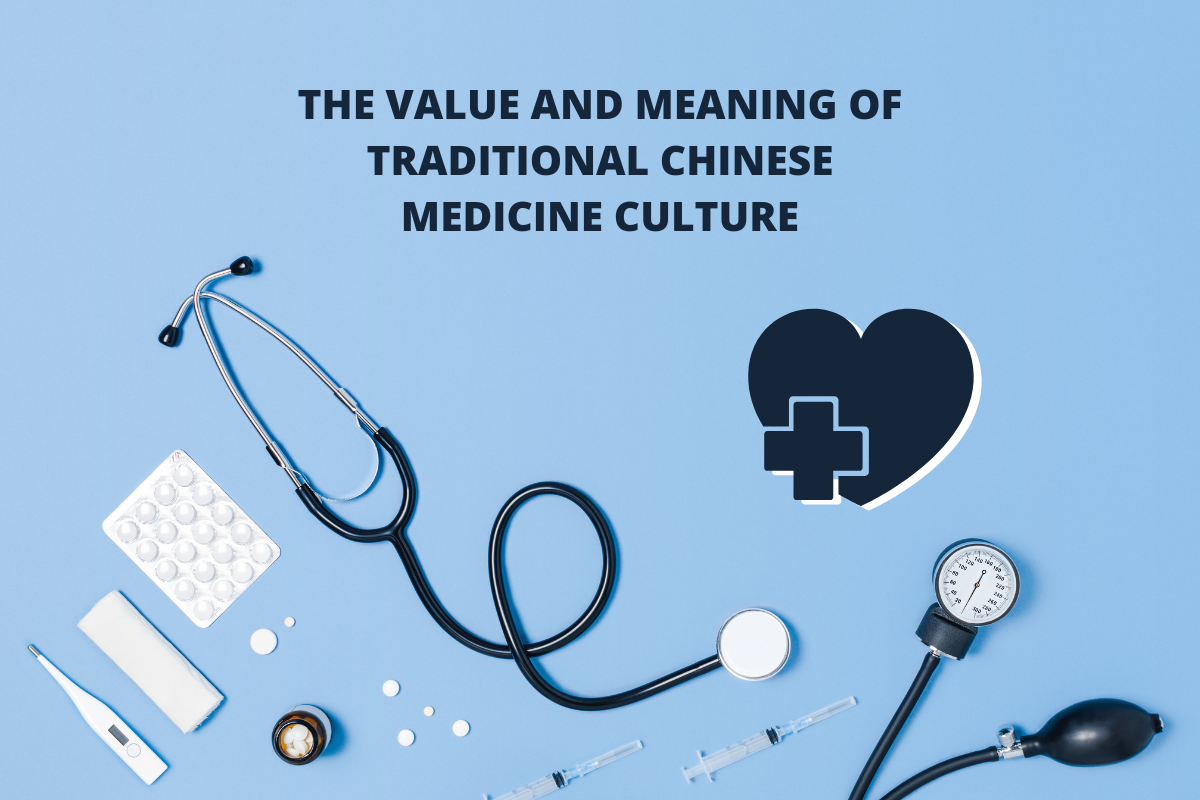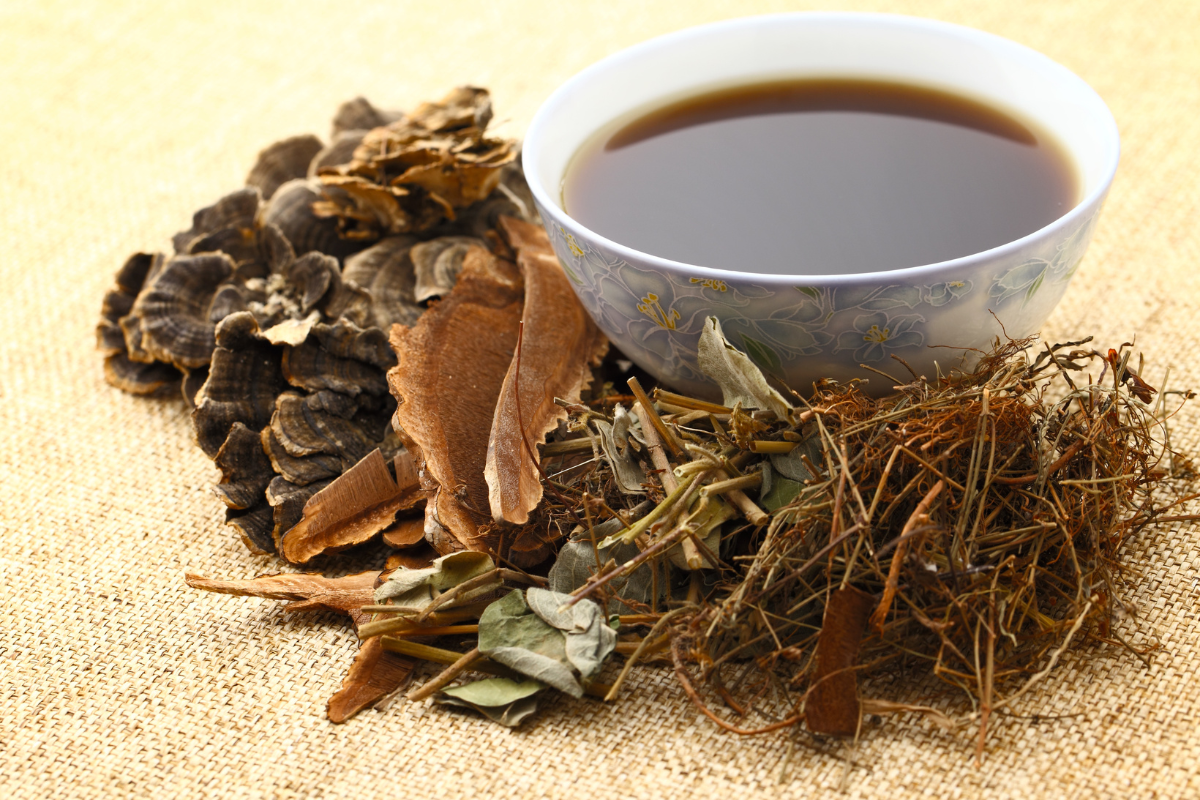The Value and Meaning of Traditional Chinese Medicine Culture
In this blog post, we will delve into the rich and profound value of Traditional Chinese Medicine (TCM) culture. Originating thousands of years ago, TCM has not only provided effective medical treatments but also encapsulated a holistic approach to health and well-being that continues to resonate with millions worldwide.

Historical Roots
Traditional Chinese Medicine culture has deep historical 历史的 (lì shǐ de) roots, dating back over 2,500 years. Developed through centuries of observation, experimentation, and refinement, TCM encompasses a comprehensive system of medical practices, herbal remedies, acupuncture, dietary therapy, and exercise such as Tai Chi and Qi Gong. This rich heritage reflects the wisdom of ancient Chinese scholars, physicians, and herbalists who sought to understand the principles of health and disease.
历史的 (lì shǐ de), adj, historical
Examples:
- The Great Wall of China is a historical monument.
中国长城是一个历史的纪念物。
Zhōngguó chángchéng shì yīgè lìshǐ de jìníanwù. - The museum houses many historical artifacts.
博物馆存放着很多历史的物品。
Bówùguǎn chóngzhèngzhe hěnduō lìshǐ de wùpǐn.

Holistic Approach
One of the key pillars of TCM culture is its holistic approach to health, which views the body, mind, and spirit as interconnected aspects of a unified whole. TCM emphasizes the importance of balance and harmony within the body, achieved through the free 自由 (zì yóu) flow of vital energy, or Qi, along meridians. By addressing the root causes of illness and promoting overall well-being, TCM seeks to restore balance and harmony, rather than simply treating symptoms.
自由 (zì yóu), adj, free
Examples:
- I feel very free.
我感到非常自由。
Wǒ gǎndào fēicháng zìyóu. - I always feel very free at home.
我在家总是很自由。
Wǒ zài jiā zǒng shì hěn zìyóu.
Cultural Significance
Beyond its medical applications, TCM culture holds significant cultural and philosophical importance in Chinese society. It reflects traditional Chinese beliefs about the interconnectedness of humanity and nature, the balance between Yin and Yang energies, and the importance of living in harmony with the natural world. TCM practices such as acupuncture, herbal medicine, and Tai Chi have become integral parts of Chinese cultural heritage, celebrated in art, literature, and traditional festivals.
Key Sentences:
- I've been feeling tired and stressed lately.
我最近感到疲倦和压力很大。
Wǒ zuìjìn gǎndào píjuàn hé yālì hěn dà. - Have you considered trying some traditional Chinese cultural practices to relax?
你考虑过尝试一些中医传统文化的做法来放松吗?
Nǐ kǎolǜguò chángshì yīxiē zhōngyī chuántǒng wénhuà de zuòfǎ lái fàngsōng ma? - No, I haven't. What do you suggest?
没有,你有什么建议吗?
Méiyǒu, nǐ yǒu shénme jiànyì ma?